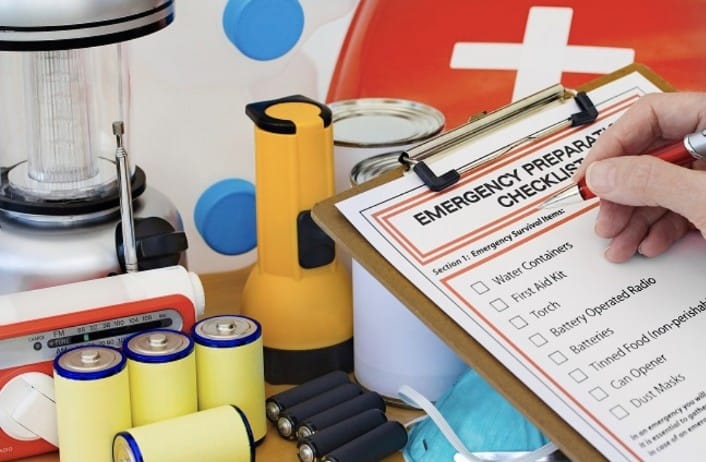Nowadays, Health Emergency, natural disasters and unexpected events are happening more often to communities worldwide. We must all be ready for these things, especially in Aboriginal and Torres Strait Islander communities, where there are particular difficulties with handling such emergencies. Therefore, relevant authorities must adjust their preparation methods to guarantee safety, strength, and quick recovery from these situations. Many groups are leading this effort. They understand the importance of health emergency preparedness.
As a result, they have a wide-ranging plan that covers different types of possible crises, like natural disasters, intense weather situations, emergencies caused by humans, infectious health issues and dangers to food safety. This fundamental focus forms the basis for their constant support in ensuring Aboriginal Community Controlled Health Organisations (ACCHOs) and their communities are equipped with proper planning and readiness to help light the way ahead.
Providing Support
At the core is the unwavering support ACCHOs need to build resilience against emergencies. This backing involves strategising and preparing for potential crises, providing immediate response coordination, and ongoing support throughout the recovery phase. It’s an inclusive approach that puts the health and well-being of the communities first at every step of the way.
Offering Valuable Knowledge
The invaluable role of shared knowledge and experiences in strengthening emergency preparedness is well known. As a result, the ACCHO Emergency Response Committee was established. This committee is a crucial platform for sharing valuable regional insights and learnings from past emergencies. It acts as a link, bringing attention to emerging threats and ensuring that every responder harnesses the wisdom of experience to better serve the communities in times of need.
Acting as Liaison
In an emergency, they act as a bridge connecting their member services with important external parties such as the NSW Ministry of Health, Local Health Districts and other emergency services. This teamwork guarantees communities don’t have to handle things alone but get robust assistance.
Creating Necessary Implements
The Emergency Activation Response Framework was developed to arm ACCHOs with the tools necessary for effective emergency response. This structure, designed for the early stages of an emergency, offers a high-level plan that guides ACCHOs in responding swiftly and efficiently to crises. Also, details of the main sections are backed by an appendix. This part goes into the four stages of managing an emergency and provides special things to consider for different types of emergencies.
In addition, there are specialised toolkits designed to assist with the particular difficulties brought about by pandemics, such as the Pandemic Toolkit and Influenza Toolkit. These resources give ACCHOs the needed understanding and plans for efficiently handling complex situations in pandemic responses.
Offering Additional Resources
These organisations, in a community-strengthening and resilient spirit, give various free resources. These include wellness cards and posters, yearly reports, and strategic plans. They are providing many materials for ACCHOs and their communities so that they have both the knowledge and help needed not only to endure but also to prosper during emergencies.
Conclusion
Readiness is critical. Such dedicated efforts in health emergency preparedness exemplify a proactive approach to safeguarding the well-being of Aboriginal and Torres Strait Islander communities. By fostering resilience, enhancing coordination, and ensuring that ACCHOs are well-equipped to respond to emergencies, many organisations are laying the groundwork for a future where communities are prepared, not scared.
This way of managing emergencies is very broad, stressing the importance of being ready in the current world. When we work together, share information and make plans strategically, this ensures that our communities are always strong and can handle any difficult situation. Let us see preparedness as our shield against uncertainty, guided by our communities’ wisdom and strength.





